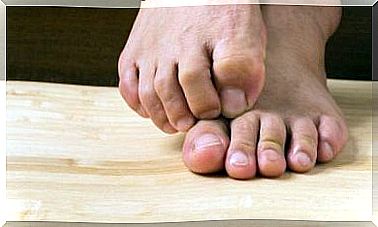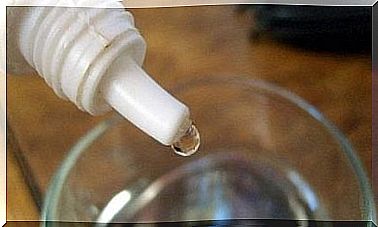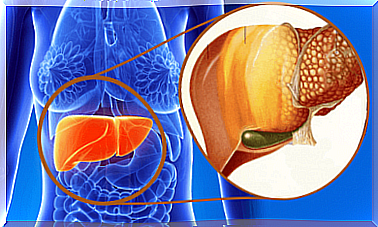The Pineal Gland: Regulator Of Cycles And Vestigial Eye
The pineal gland tends to calcify and lose its functionality as we age, which is why over time we have more trouble sleeping.
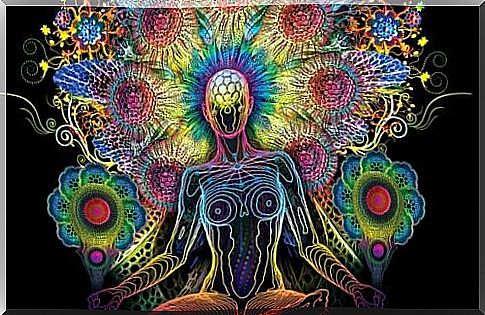
The pineal gland or cerebral epiphysis is shaped like a pineapple (hence its name) and plays a key role in regulating our sleep-wake cycles, as well as our circadian rhythms throughout the seasons.
It is very small (it measures only 8 mm) and is located in a very special corner of our brain, just between the two hemispheres, integrated in the area where the two parts of the thalamus converge.
On the other hand, the pineal gland evokes a world of spirituality, magic and tradition that has been built around it.
The question is not new, indeed, Descartes said: it is there that rests the soul of the human being and where is located, according to the most mystical traditions, our “third eye”.
However, beyond these remote approaches to science, the reality behind this small gland far exceeds anything we have heard.
It is an essential gland for our well-being, it deserves to know it in depth.
The pineal gland regulates our cycles
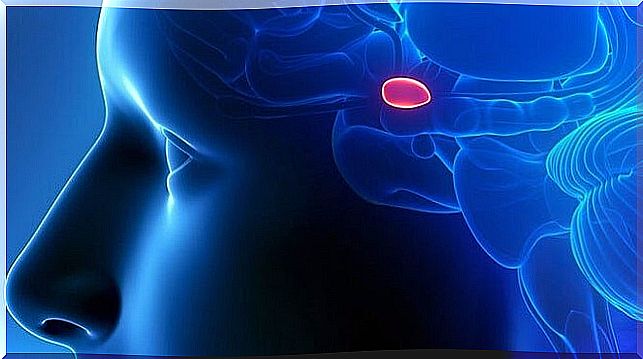
We have already talked about melatonin and its functions.
This hormone facilitates our rest, which induces sleep, strengthens the immune system and prevents premature aging of our brain.
- It is important to know that it is the pineal gland that performs the exclusive function of producing melatonin when we are immersed in darkness, and which, in turn, inhibits it when there is light.
- This process is regulated by the photosensitive cells of our retina. They are the ones that detect light and send information to the pineal gland.
It is a wonderful process.
In addition, we know that through the correct regulation of this hormone, we enjoy greater energy and well-being. However, the biggest problem with the pineal gland is that it ages early.
Let’s find out more data on this.
The pineal gland and calcification
The pineal gland functions as a perfect body clock capable of allowing us to better adapt to the changing seasons, better rest at night and, in a sense, be more in tune with the cycles of nature.
It is arguably something very complex these days with our hectic lifestyles and artificial light continually enveloping us. Indeed, these two elements disturb the internal balance of the pineal gland.
- So, it is essential to keep in mind that this gland is very sensitive to factors such as pollution, electric light, stress and vitamin D deficiency.
- On the other hand, it is interesting to know that the pineal gland is the structure of our brain that receives the most blood. Indeed, it receives almost as much as the kidneys.
- However, it loses its functionality once we reach adolescence.
- As we age, the pineal gland tends to calcify.
- A calcified pineal gland loses its functionality, not only impairing sleep but also causing weaknesses, memory problems, which makes us likely to reach old age with less agile brains and less cognitive abilities.
Our “third eye”, or the vestigial eye of the human being
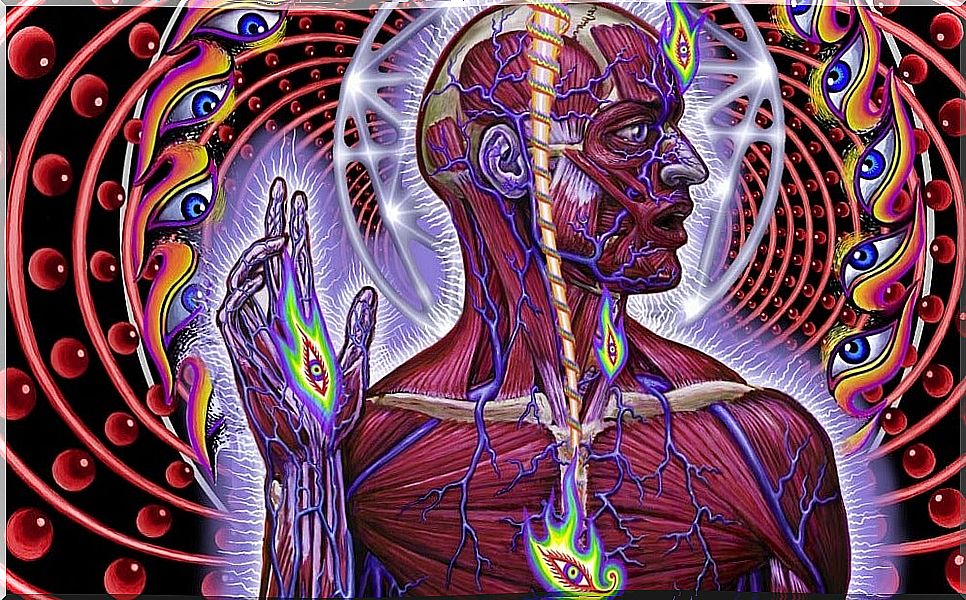
As we have said, the pineal gland symbolizes in multiple spiritual philosophies the third inner eye. It would be able to promote a spiritual awakening, to promote our capacities but also a more developed state of consciousness.
Practices such as yoga enhance this center of our brain. It is also interesting to know that some animals have this “third eye”.
Tuatara for example, are a type of reptile endemic to New Zealand, having a small eye just above the head that serves a series of very special purposes. A hormonal function and a thermoregulatory function.
How can we take better care of our pineal gland?
The biggest enemy of the pineal gland is calcification.
It is very difficult to avoid its occurrence over time. But we can delay her with a series of activities and a lifestyle that can improve her condition.
Take note of these tips:
- We have to live according to the cycles of nature and of the sun itself.
- In other words, it is strongly recommended to take advantage of the daylight hours to walk. Or to “sunbathe” (always safe and avoiding the central hours of the day).
- The lights from our computers, phones or televisions are very harmful to the pineal gland.
- Ideally, to allow it to do its job, all of these devices should be disconnected an hour before going to bed.
- We must sleep in complete darkness.
- Vitamin D is ideal for taking care of this gland.
- Pollution, and in particular fluoride, are very harmful to the pineal gland. One way to eliminate excess fluoride is to consume fresh fruit and especially tamarind.
Don’t hesitate to improve your lifestyle. Take care of this little structure in your brain called the pineal gland, which supports both your well-being and your health.



